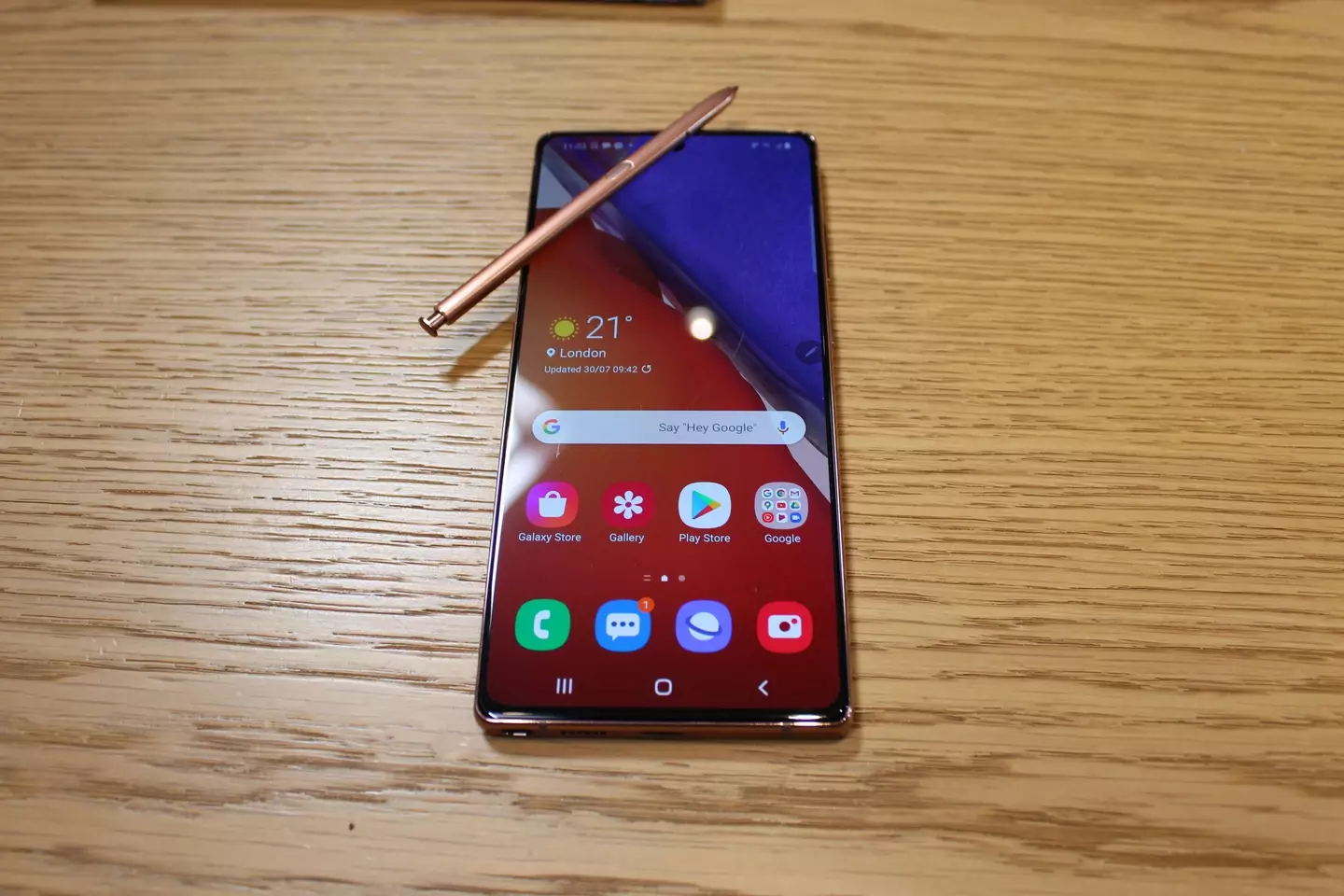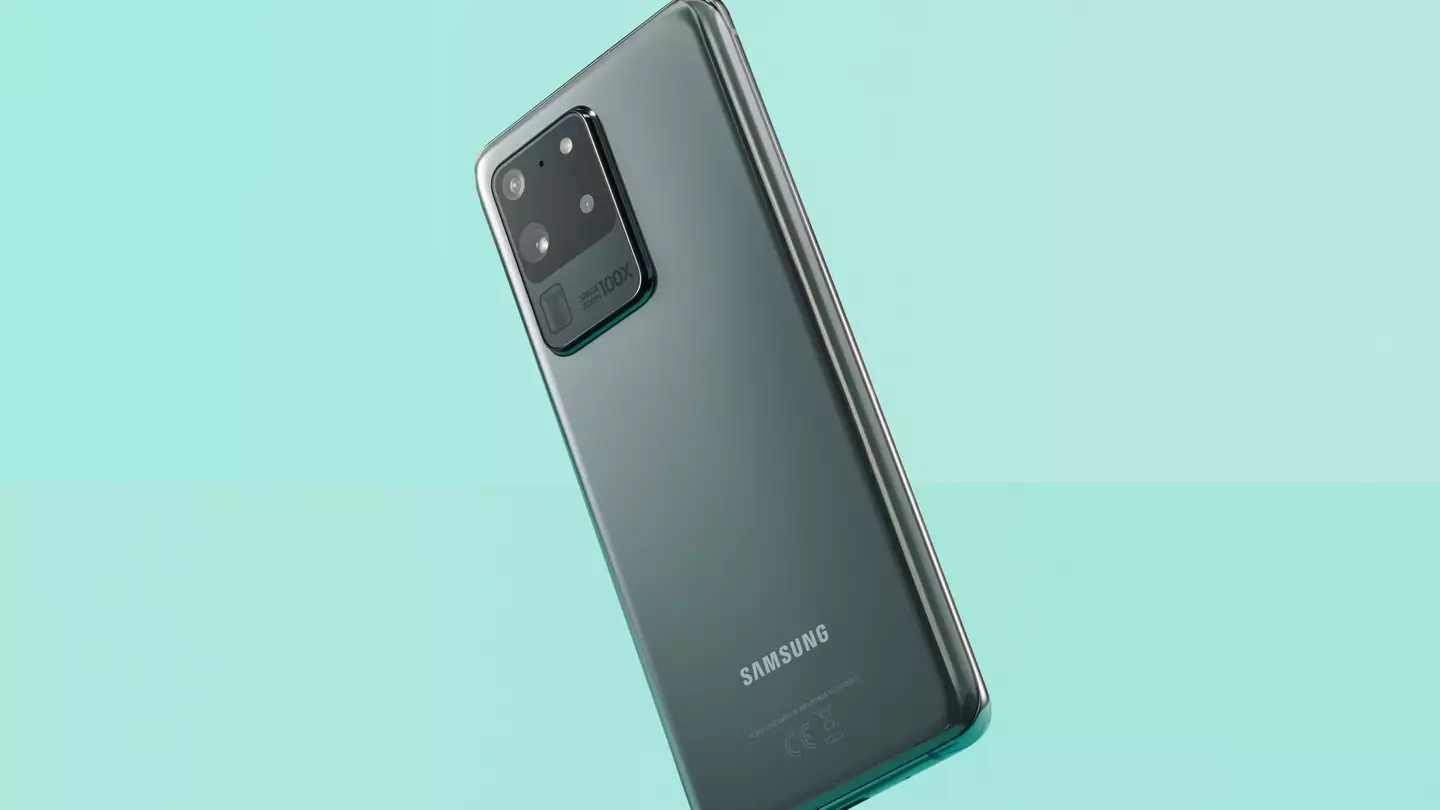
Samsung has announced that it's winding down security updates for its Galaxy 20 line-up, from the Galaxy Note 20 to the Galaxy S20 Ultra and everything in-between.
This means that the phones, released in early 2020, will move from getting monthly security updates to instead receiving them quarterly.
The last monthly security update was the March one, and the phones will next get an update in June this year, making for a longer gap.

Advert
This highlights a changing landscape where phone updates are concerned - the companies that make them are starting to give longer guarantees in terms of software support, but these generally only apply to new phones hitting the market.
In Samsung's case, the company now guarantees that its flagship phones will get four years of software updates, for example, and five years of security updates.
However, it's also worth explaining the difference between those two things.
Software updates are the changes made to how a phone feels to use - it's the annual upgrade when a new version of Android (or iOS) comes along.
This can make for substantial additions in the form of new features, and can also make your phone's software look pretty different, too, so is always really welcome. Samsung completed three years of software updates for the Galaxy S20 line-up already, and stopped those last year.
However, a security update is something different - it's a smaller update that doesn't change anything on the front end of your phone, instead working in the background to fix and update security protocols to stop attackers from being able to use loopholes or exploit flaws.
So, these updates are pretty important to plenty of people, including anyone using the phone for professional purposes, as they're sort of your guarantee that it'll be hard to hack into, in a way.

Moving from a monthly update to a quarterly one, then, and eventually tapering away completely, means that some people might see this as the moment when they should abandon their Galaxy S20 phone and move to something newer.
Other phone makers are starting to stretch to longer and longer guarantees of support for their phones, too - Google now says that if you buy a Pixel 8, for example, you'll get seven years of software updates for it.
That's a pretty amazing length of support and means you'll still be using the newest version of Android even in half a decade's time.
On the iPhone side, Apple is less definitive about how long it'll support a phone, but iPhone models tend to go for around five years or so before they start to drop off from being able to support the latest iOS update.
Security updates are more ad hoc, too.
